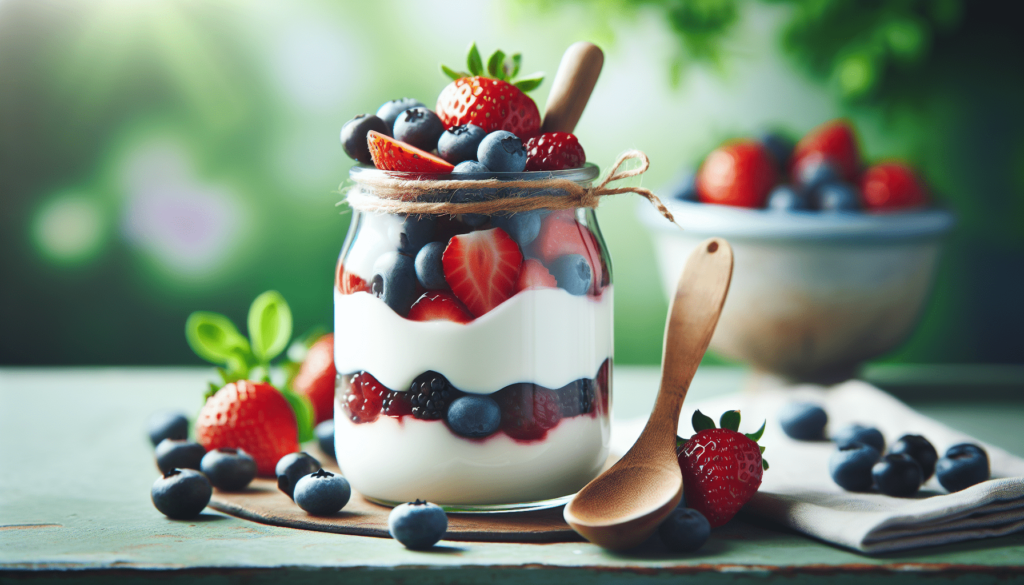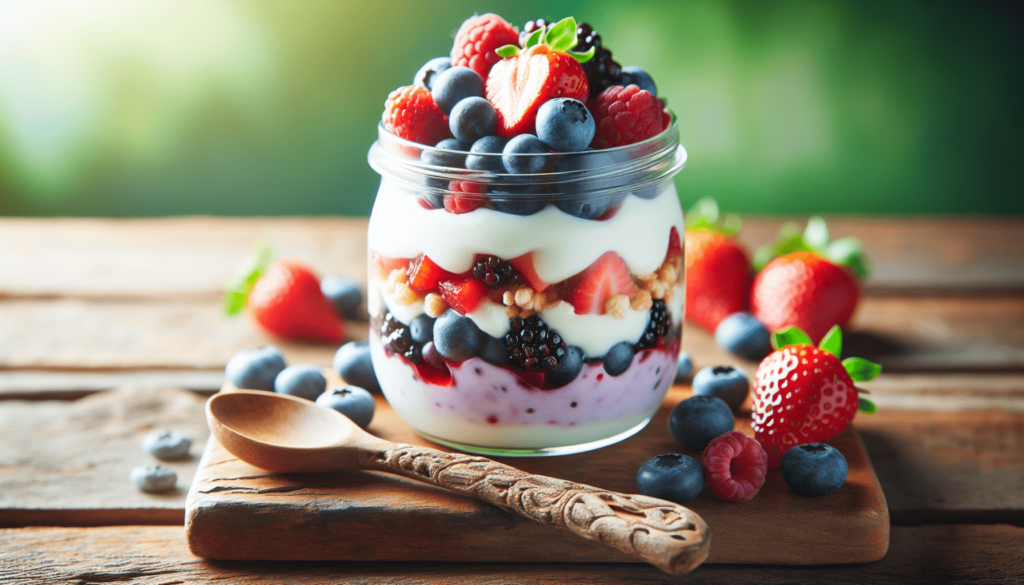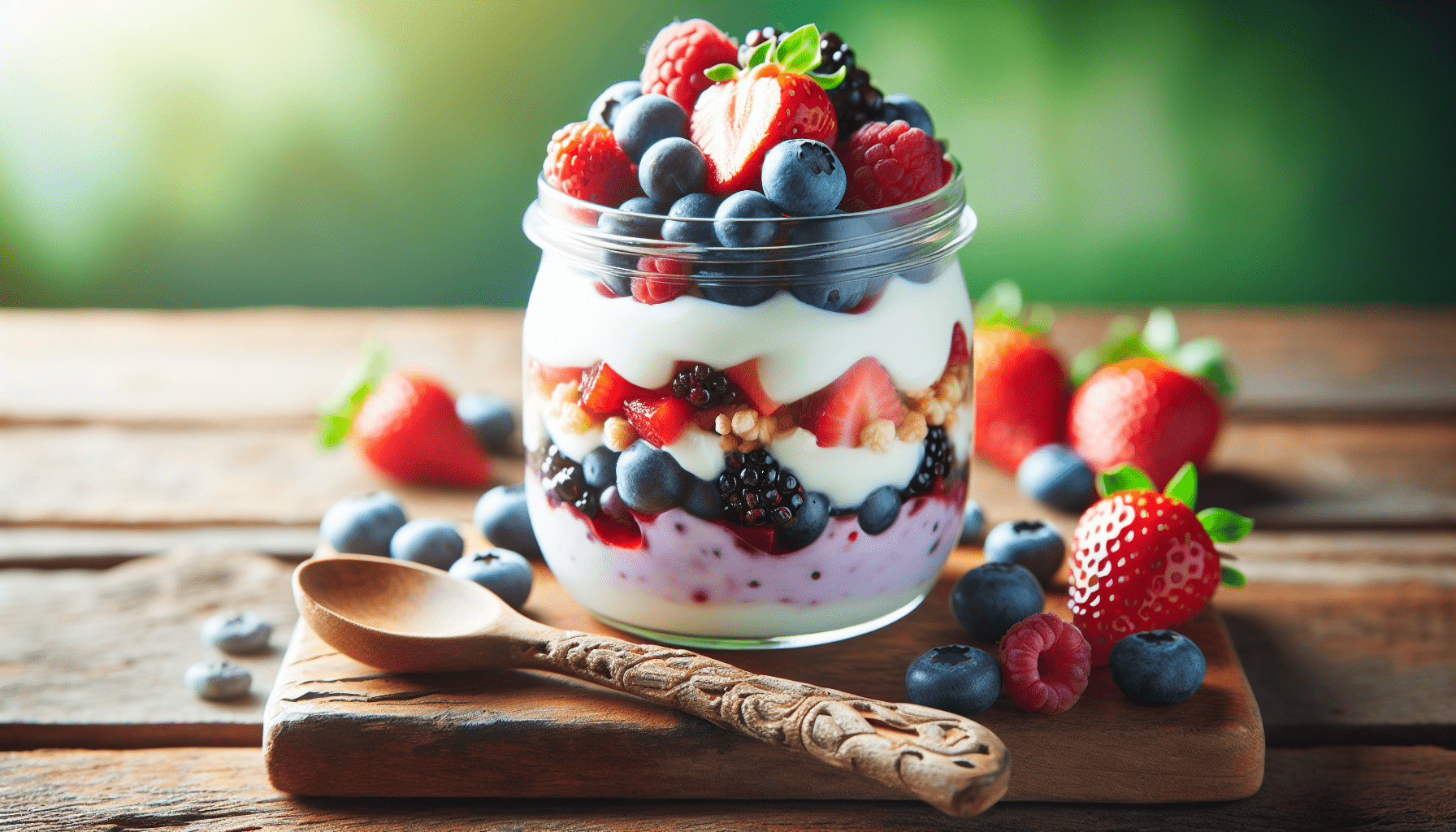Have you ever wondered why your gut sometimes feels like it’s auditioning for a horror movie? You know, growling, bubbling, and generally impersonating a bog monster? Well, let me introduce you to some tiny superheroes that might have the answer: probiotics.
The Role of Probiotics in Gut Health
Probiotics, the gut’s version of the Avengers, might just save you from digestive doom. But what exactly are these microscopic marvels, and why should you care? Put down that expired yogurt, and let’s embark on this informative yet amusing journey into the bowels of gut health.

What Are Probiotics Anyway?
Think of probiotics as the friendly neighbors who always lend you sugar and water your plants while you’re on vacation. They’re live bacteria and yeasts that are good for you, especially your digestive system. But before you shriek in fear about consuming bacteria, let’s clarify: not all bacteria are bad.
Good Bacteria vs. Bad Bacteria
You’re probably thinking all bacteria are like the villain in an action movie, plotting world domination. However, some are actually the heroes in our gut story. The good bacteria (probiotics) help keep the bad bacteria in check, much like a chaperone at a teenager’s party.
| Good Bacteria | Bad Bacteria |
|---|---|
| Lactobacillus | E. coli |
| Bifidobacterium | Clostridium |
| Saccharomyces boulardii | Helicobacter pylori |
Imagine your gut as a bustling city. The good bacteria are the friendly cops on their segways, patrolling and keeping the peace. The bad bacteria? Well, they’re the delinquents graffiti-ing your intestines. Probiotics ensure the peacekeepers outnumber the troublemakers.
Tiny Warriors: How Probiotics Work
Our guts are naturally populated by trillions of bacteria, both good and bad. When you consume probiotics, you send reinforcements to the good guys. These beneficial bacteria crowd out the harmful ones, ensuring they don’t take over and cause mischief. In essence, it’s like swamping that sketchy dive bar on the corner with a flock of grandmas knitting in rocking chairs.
The Science Behind Probiotics
Alright, let’s nerd out for a moment. Probiotics work by a few different mechanisms:
- Adhesion: They stick to the gut lining, forming a barrier against invaders. It’s akin to laying down a welcome mat that says, “Nice try, bad bacteria, but no entry!”
- Competition: They outcompete the bad guys for space and nutrients. Think of it as trying to get the last piece of pizza before your annoying cousin does.
- Production of Substances: They produce substances that inhibit the growth of harmful bacteria. Imagine your good bacteria running a secret underground lab, churning out anti-villain potions.
Benefits of Probiotics
Alright, so now you’re thinking, “Great, more bacteria in my intestines. What’s in it for me?” Glad you asked, oh curious one.
Digestive Health: Imagine having a well-oiled machine instead of the screeching, rusted mess that’s currently your digestive system. Probiotics can help with conditions like diarrhea, irritable bowel syndrome (IBS), and even constipation.
Immune System Boost: Did you know about 70% of your immune system is in your gut? Yup, those gut warriors double as bodyguards, ready to fend off any pathogens that dare to step to you.
Mental Health: Yes, your gut and brain are in cahoots, like super close pen pals. Probiotics can potentially ease anxiety and depression. It’s like your gut sending an optimistic postcard to your brain, saying, “Chill, buddy, we got this.”
Skin Health: Clear skin is more tied to your gut than you might think. Probiotics help reduce conditions like eczema and acne, leading to that radiant glow we all dream about.
Food Sources of Probiotics
So, where do you find these tiny superheroes? Are they hiding in SPAM? Thankfully, no. Common sources include:
| Food | Probiotics Present |
|---|---|
| Yogurt | Lactobacillus, Bifidobacterium |
| Kefir | Lactobacillus, Saccharomyces boulardii |
| Sauerkraut | Lactobacillus |
| Kimchi | Lactic acid bacteria |
| Miso | A. oryzae, Lactic acid bacteria |
Not all fermented foods are born equal. The ones above are like the A-list celebrities of the probiotic world. Yogurt, for instance, isn’t just breakfast; it’s a party in your mouth where probiotics are the life of it.

Supplements: Worth it?
Alright, let’s touch on the giant gummy bear in the room: probiotic supplements. Are they worth it, or are they just expensive placebo pills with a catchy jingle?
While whole foods should be your go-to, supplements can be your sidekick. They’re particularly helpful when you need a high dose of specific strains not present in your diet. However, consult a healthcare provider before jumping on the supplement wagon because self-diagnosing is a slippery slope.
What to Look for in Supplements
Choosing a probiotic supplement is like picking a new Netflix series. You want it to be good, effective, and worth your time. Here’s a quick checklist:
- Strain Diversity: Like a good cast ensemble, you want a mix of different strains to tackle various issues.
- CFU Count: CFU stands for Colony Forming Units. It’s the probiotic count in the supplement. Aim for at least 1 billion CFUs.
- Reputation: Stick to brands with credible research and reviews. Avoid the ones sold out of a van behind your local supermarket.
Myths Busted
Ah, myths. They’re the bedbugs of information—annoying and hard to get rid of. Let’s squash a few:
Myth 1: All Fermented Foods are Probiotic-Filled: Just because it’s fermented doesn’t mean it’s teeming with probiotics. Some foods undergo pasteurization, which kills the beneficial bacteria.
Myth 2: Probiotics Can Replace Medication: They’re a great supplement but not a replacement. Keep popping those antibiotics if prescribed, no matter how many sauerkraut jars you down.
Myth 3: More is Always Better: More strains or CFUs don’t necessarily equal better results. Quality over quantity, folks!
Side Effects: The Not-So-Pretty Truth
Even our tiny heroes aren’t without their flaws. In the early days of starting probiotics, you might experience bloating, gas, or general digestive discomfort. Your gut’s just adjusting to its new inhabitants. If symptoms persist, do consult a healthcare provider because sometimes, even superheroes need backup.
Probiotic Strains and Their Superpowers
So, what’s the difference between Lactobacillus, Bifidobacterium, and other strains with names you’d never attempt in a spelling bee? Here’s a brief rundown:
| Probiotic Strain | Superpower |
|---|---|
| Lactobacillus | Eases digestive issues, boosts immunity |
| Bifidobacterium | Alleviates IBS, supports gut health |
| Saccharomyces boulardii | Combats diarrhea, protects against pathogenic bacteria |
Each strain comes with its specific talents, much like individual Avengers—Thor’s hammer won’t fix your tech issues, but Iron Man’s suit might.
Prebiotics: Sidekicks to Probiotics
Probiotics aren’t the lone rangers of the gut health world. They’ve got sidekicks known as prebiotics. These are non-digestible fibers that act as food for probiotics, helping them flourish.
Good sources include:
| Food | Prebiotics Present |
|---|---|
| Bananas | Fructooligosaccharides |
| Garlic | Inulin, Fructooligosaccharides |
| Onions | Inulin, Fructooligosaccharides |
| Asparagus | Inulin |
| Leeks | Inulin |
Think of prebiotics as the fuel that powers your probiotic superheroes. Without them, your good bacteria might end up like couch potatoes, doing nothing of significance.
Symbiotics: The Dynamic Duo
When you combine probiotics and prebiotics, you get something known as symbiotics. It’s like the peanut butter and jelly of the gut health world, creating a powerhouse for your digestive system. They work together to create synergy, ensuring you get the maximum benefits.
Gut Flora and Overall Health
Your gut flora—aka the microbiome—does more than just make occasional gurgling noises. It’s involved in processes that affect your overall health. A balanced microbiome can contribute to:
- Better Metabolism: Helping you become a calorie-burning machine, rather than a storage unit.
- Improved Mood: Less stress and anxiety, more reasons to bring out those jazz hands.
- Weight Management: Harmonizing your weight without making you feel like you’re perpetually starving.
Future of Probiotics
Science is continually delving into the depths of our guts (literally). Research is ongoing to discover new strains, potential benefits, and how to harness probiotic power more effectively. So, stay tuned because the world of probiotics is only getting started.
Final Thoughts
And there you have it—a whirlwind tour of the tiny superheroes that could transform your gut health. Embrace these beneficial bacteria, and you might just find your gut singing a happier tune, sans the horror movie audition. Remember, your gut is not just a place to store half-digested pizza; it’s a thriving community that needs your love and care.
So, next time your stomach grumbles, you’ll know it’s not a haunted house, but more like a bustling town where the good and bad coexist. And with the help of probiotics, the good guys might just have the upper hand.
Voila! Now you’ve got the lowdown on probiotics and why your gut should be considered your best friend, not an occasionally annoying acquaintance. Cheers to better gut health, one probiotic at a time!
